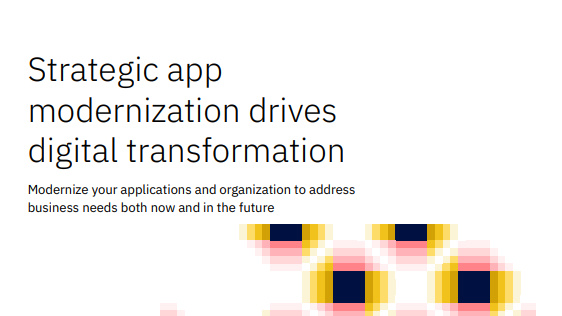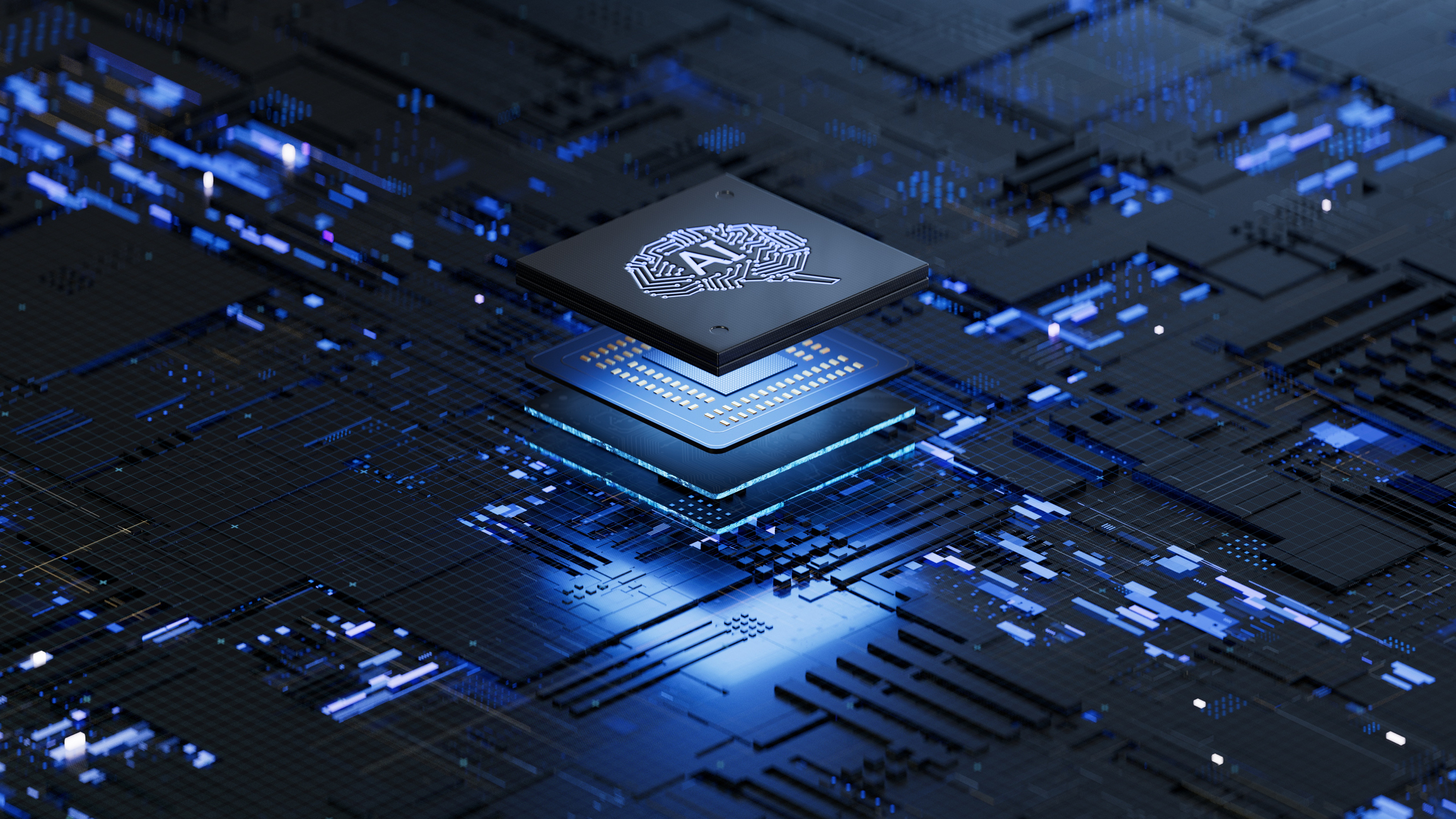Artificial intelligence is a double-edged sword, and right now it’s hanging over your career
The impact of artificial intelligence on the jobs market has once again been brought to the fore amid concerns over widespread disruption in the coming decade


One-in-three jobs globally could be negatively affected artificial intelligence (AI) tools, prompting concerns over widespread labor market disruption over the next decade, according to a new study published by the International Monetary Fund (IMF).
Almost 60% of jobs in advanced economies will be impacted by AI in some way, the report found. While a significant portion of those will benefit from the integration of the technology, around half will be negatively affected, the IMF warned.
Generative AI tools, built on large language models, can now process vast amounts of data, recognize patterns, and make decisions, the IMF said. That means that high-skilled roles that were previously considered “immune to automation” will now face potential disruption.
Long-term, management consultants and software developers – and many other professionals - may find themselves not just ushering in technology change, but being hit by it, too.
Right now, the overall impact is hard to predict; while AI may replace some jobs it can also boost the productivity of others, and workers who manage to incorporate AI rather than being replaced by it will likely see their income climb, too.
The gains in productivity from AI could result in higher growth and higher incomes for most workers, and lead to a boost in total income, the report found.
That could more than compensate for the replacement of some jobs by AI, the IMF added.
Get the ITPro daily newsletter
Sign up today and you will receive a free copy of our Future Focus 2025 report - the leading guidance on AI, cybersecurity and other IT challenges as per 700+ senior executives
“A rise in aggregate productivity of the economy could, however, strengthen overall economic demand, potentially creating more job opportunities for most workers in a ripple effect.”
But even if the impact of AI might be positive in the long term, we could be in for a tough time before we get there.
RELATED RESOURCE

Discover the four steps to successful application modernization
DOWNLOAD NOW
“While long-term productivity gains from AI are likely, during the transition, job displacement and changes in income distribution could have substantial political economy implications. History shows that economic pressures can lead to social unrest and demands for political change,” the report warned.
“Ensuring social cohesion is paramount. Policies must promote the equitable and ethical integration of AI and train the next generation of workers in these new technologies; they must also protect and help retrain workers currently at risk from disruptions.”.
Kristalina Georgieva, managing director of the IMF said that in most scenarios, AI will likely worsen overall inequality, something that policymakers must address to prevent the technology from further stoking social tensions.
“It is crucial for countries to establish comprehensive social safety nets and offer retraining programs for vulnerable workers,” she said.
The IMF said women, because of their strong presence in the services sector, and highly educated workers, face greater AI exposure, but also have the most to gain.
Older workers, it warned, will face challenges in finding new jobs and adapting to new technologies.
Artificial intelligence won't take your job...yet
While it’s not clear whether AI is hurting jobs yet, a number of large organizations including IBM and BT have already said that they plan to replace thousands of staff due to AI and automation in the next few years.
Research by Goldman Sachs last year suggested that AI could add as much as 7% to global GDP over a ten-year period, but it could also put up to 300 million jobs at risk of automation.
Jobs lost to automation have in the past been replaced by new roles that result from those innovations, the bank said, noting that 85% of job growth is down to the technology-driven creation of new jobs like software developers.
Still, because AI threatens high-skilled professional jobs much more than previous tech revolutions, assumptions about the destruction of old jobs and the creation of new jobs might not hold true this time around.
In which case, funding the safety net needed for workers who do lose their jobs could be very hard for some countries.
Steve Ranger is an award-winning reporter and editor who writes about technology and business. Previously he was the editorial director at ZDNET and the editor of silicon.com.
-
 Bigger salaries, more burnout: Is the CISO role in crisis?
Bigger salaries, more burnout: Is the CISO role in crisis?In-depth CISOs are more stressed than ever before – but why is this and what can be done?
By Kate O'Flaherty Published
-
 Cheap cyber crime kits can be bought on the dark web for less than $25
Cheap cyber crime kits can be bought on the dark web for less than $25News Research from NordVPN shows phishing kits are now widely available on the dark web and via messaging apps like Telegram, and are often selling for less than $25.
By Emma Woollacott Published
